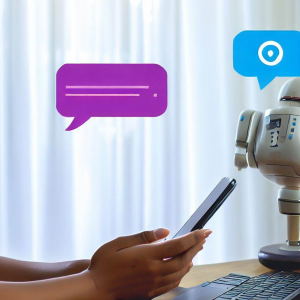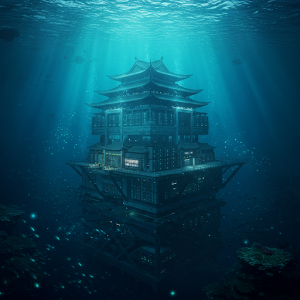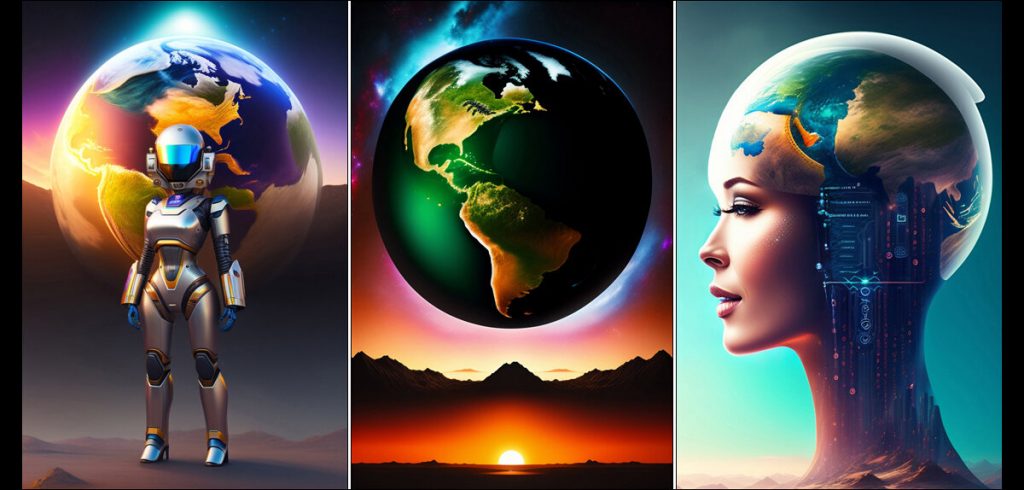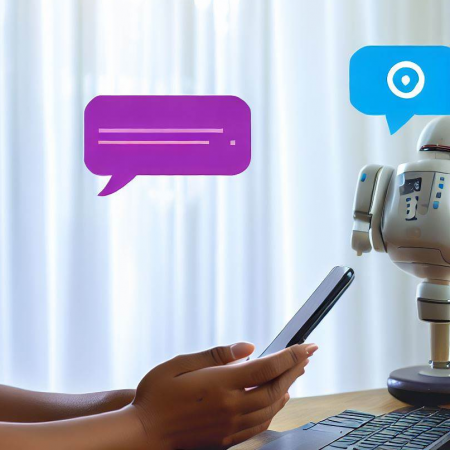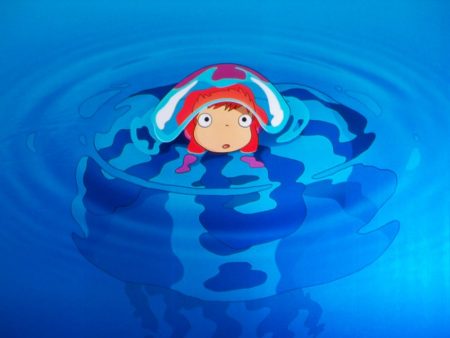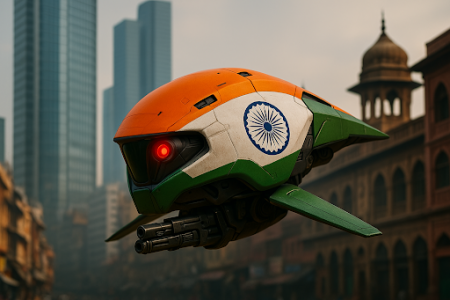Even as the war cry against AI gathers a hurricane, Satyen K. Bordoloi questions the very foundation on which this fearmongering rests – AI’s purported intelligence.
Robots, back when there were none in the world, were called automatons. The idea of what a robot would be was simple. It would be an automation machine. That is the foundation upon which almost all of modern technological innovation rests: create systems and machines that automate our work.
Artificial Intelligence – so far – is the pinnacle of that idea. However, it seems to have been forgotten by both sides using AI: the miners of its actual benefits and those who profit from excessive fearmongering about its dangers. That AI is ‘intelligent’, is perhaps the most significant con pulled upon the world.
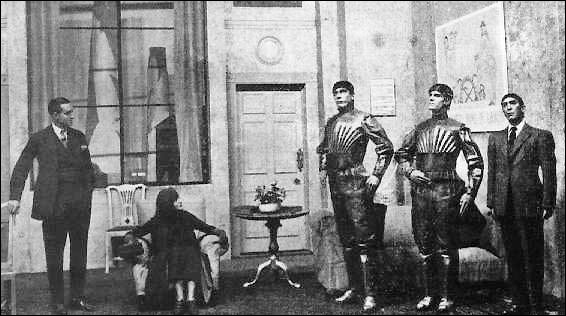
WHAT IS INTELLIGENCE:
The Latin verb intelligere means to comprehend and perceive. From it comes intelligence which is defined in different ways. Oxford Dictionary calls it “the ability to learn, understand and think in a logical way about things; the ability to do this well” while Merriam-Webster calls it “the ability to learn and understand to deal with new or trying situations” also “the skilled use of reason”. Different scholars emphasize distinct aspects. Anthropologists highlight the cultural aspect of intelligence while tech researchers underline problem-solving and biologists’ survival. ‘Comprehension’ and ‘perception’ are common in all these meanings.
Seems simple. As humans, we perceive and comprehend the world and the universe in different ways. We built ever-expanding networks and tunnels of symbols – from an endless array of languages to mathematics – to help us in that quest. To perceive and comprehend the world today also means to understand these symbols that correspond with actual things, concepts and ideas and how they relate to the world around us – especially to humans.
Thus, context becomes as important as meaning for us more than other species. Yet, if you look at what we call ‘artificial intelligence’ you realise that it neither has context, nor meaning of its own and only gets that from what we feed these systems.
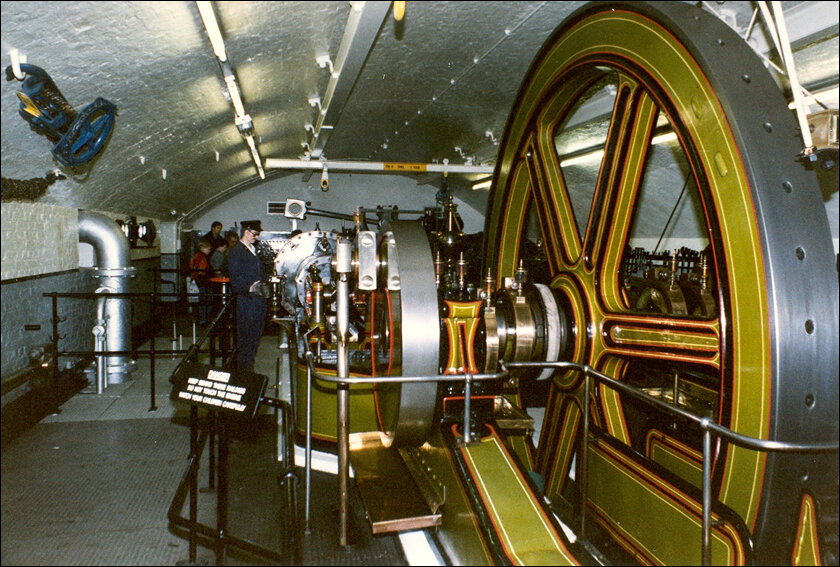
NO CONTEXT AND MEANING OF ITS OWN:
The trouble is that most people have not looked under the hood of AI to understand how these systems are trained and how they work. Half of our illusions about AI will die if we do. It is a complicated process but to put it simply, AI is literally taught intelligence. It is trained with painstaking efforts to ‘perceive’ and ‘comprehend’ the human world and the multiplicity of meanings that exist in it. This is an arduous training performed anywhere by dozens to thousands of humans depending on the AI model e.g., LLM’s or Large Language Models like ChatGPT, take longer, and more effort and humans to teach than say a system that has only to learn chess which is much simpler and rule-based. This learning that the system does is called Machine Learning.
In essence, what these humans are doing is providing ‘context’ and ‘meaning’ about the world around these systems. Why AI does not have these because it is run on stuff made of silicon, metal and plastics and isn’t alive. Once it is taught the ‘intelligence’ and rules of a specific or broad task with tremendous human effort, the system becomes good at automating that. What is so unique about AI and why we get fooled by its ‘intelligence’ is that these systems automate prediction.
Take the case of ChatGPT. It isn’t alive or intelligent on its own. We teach it to mimic human intelligence. We teach it how to predict the next word based on billions and trillions of parameters i.e., past human texts. Based upon weights affixed to the meaning of these parameters, an AI system ‘learns’ to get better and better at predicting the next word as an answer to a query.
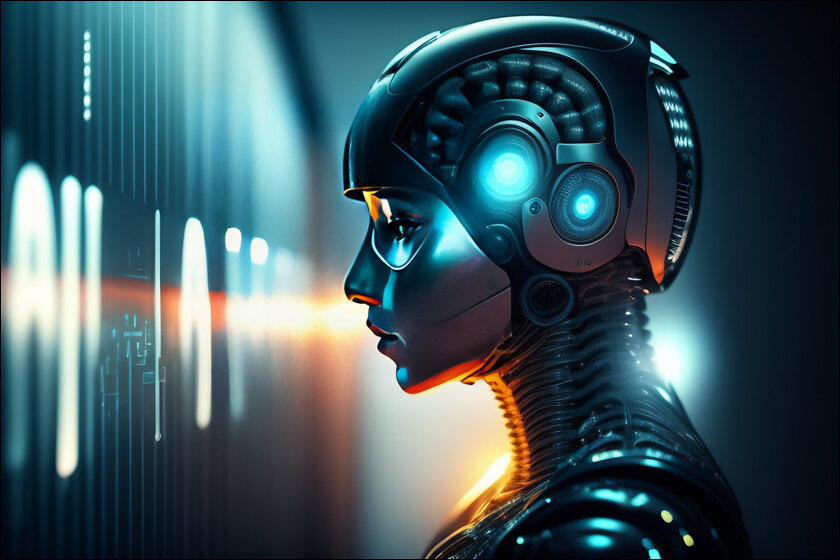
To repeat, AI is the greatest invention of mankind because AI does what no other system has ever done: automate predictions of meaning and context without having any of its own.
There are many firsts with AI like it’s the first non-biological, non-carbon-based intelligence. It is the first external intelligence. Yet, we must never forget that it is still not a lifeform. It is a machine that works when powered on, not too different from a calculator made of the same plastic, metal and silicon. Hence it is foolhardy to confuse AI with AC – Artificial Consciousness. The day we make an AC, is the day all these fears we have today, will become legitimate.
Is AI intelligent? In a way, these systems are. But are these systems intelligent on their own like all living things i.e., do they have context and meaning of their own and are able to form new ones on their own without input? The answer would be a vehement no. An amoeba has more of it than the most sophisticated AI system in the world today.
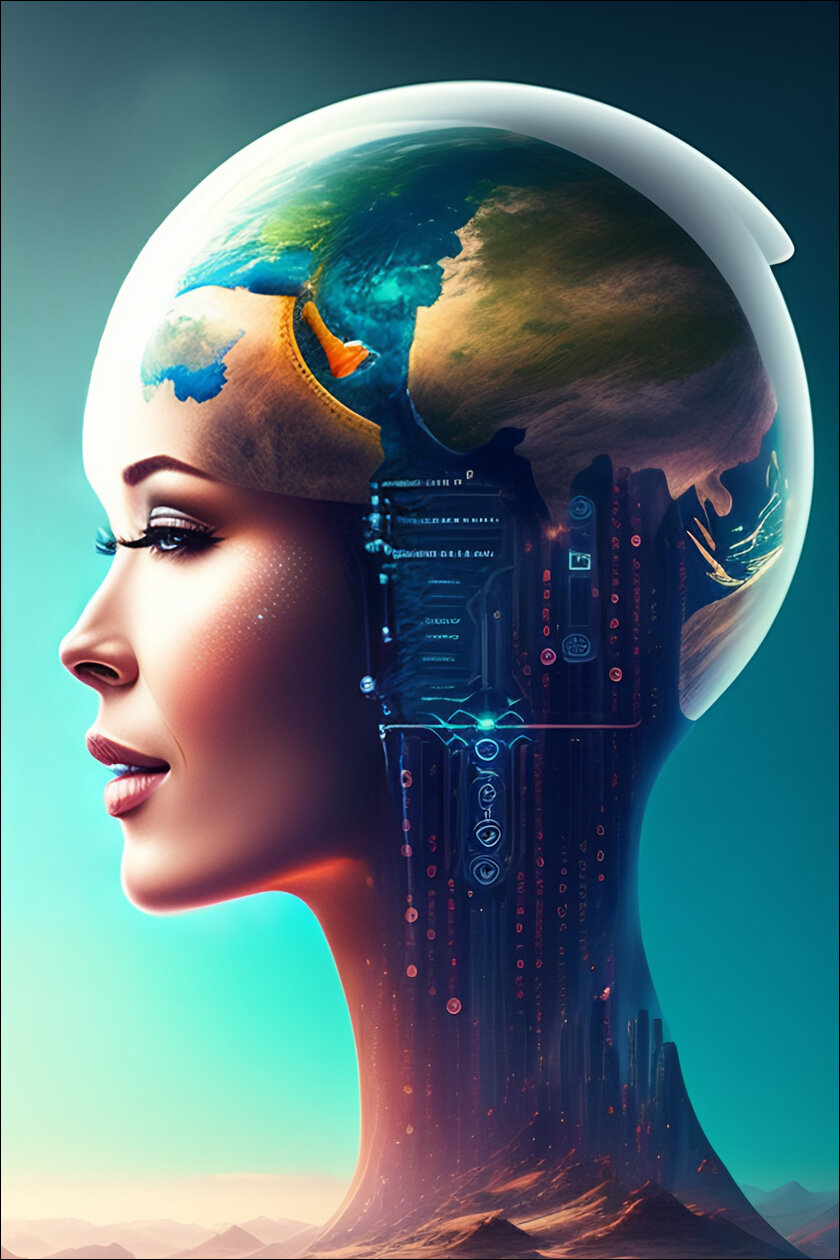
(Image Credit: Lexica Art)
THE PURPOSE OF INTELLIGENCE IN THE UNIVERSE:
As we are realising lately, the universe is made of different types of intelligences. Biological intelligence is the most loud and profound, but there are different emerging theories that ask us not to neglect its other forms. E.g., our planet is one of the most intelligent systems in the universe. It is the equilibrium and intelligence of this system that makes life possible here. Even inside the body, we are finding that every one of our organs, from the liver, kidney, skin etc. has an innate intelligence of its own with the brain being the boardroom for their regulation.
There are philosophical theories that suggest that everything you see has some form of intelligence locked in it and biology is our planet’s way to unleash that intelligence so changes on the planet, and the rest of the universe, can happen faster and better. Intelligence, in that sense and in any form, is our ally. And whatever form of intelligence AI might be, it can benefit us and the larger universe.
This freeing of intelligence from the confines of biology we call AI, would go down as one of the greatest developments in the history of not just the planet, but the universe. It comes at a pivotal time when life is looking to free itself from the shackles of this planet and try and grow elsewhere as well.
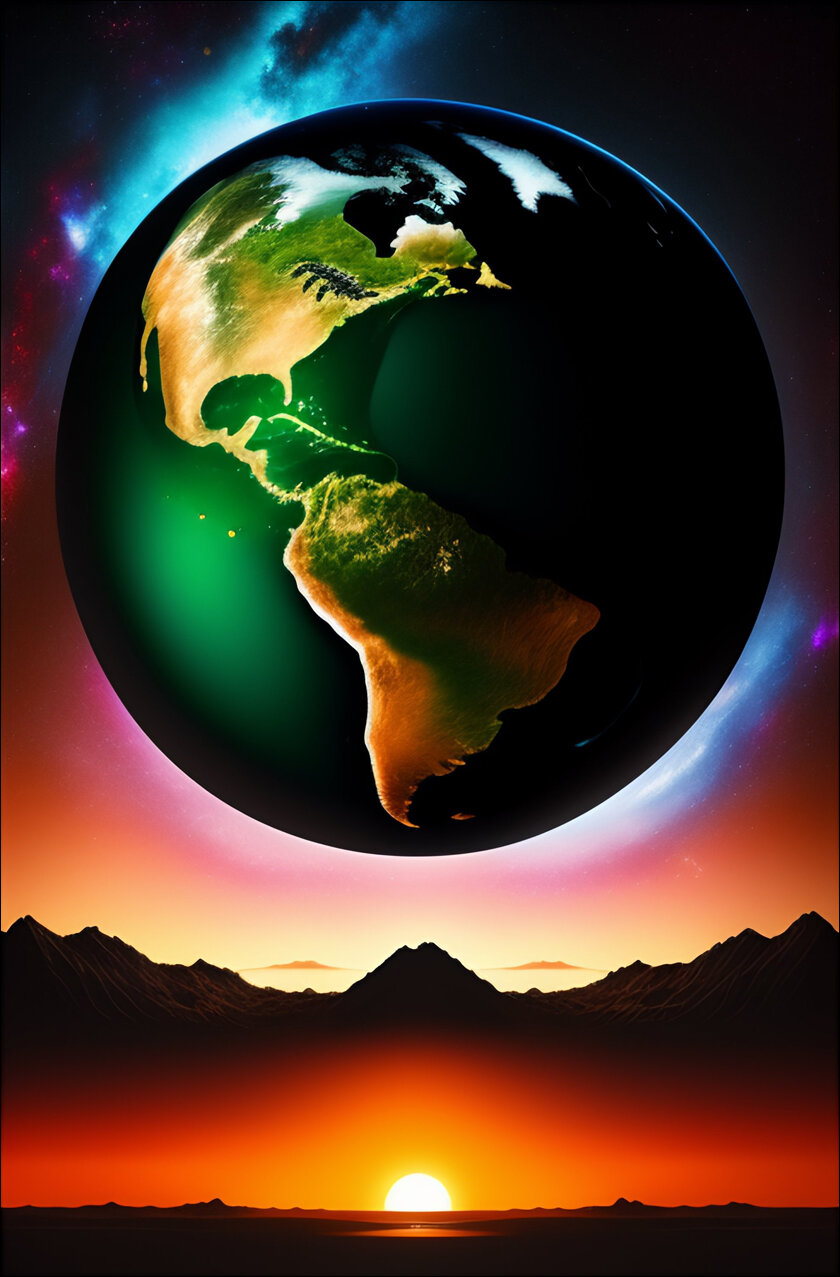
It is a time when humanity is desperate – frivolous TikTok videos notwithstanding – to discover more about the universe, things that are so hard to find that general observation of our biological organs is not enough. We could figure out gravity by looking at a falling apple, or the general theory of relativity by observing the motions of everything from apples to planets. But figuring out the secrets of the quantum world will not be possible with such fully ‘natural’ means. We need the intervention of other intelligent systems, from particle accelerators like the Large Hadron Collider to a telescope tethered a million miles away from Earth in JWST that is literally peering into the past of this universe. All that remains to be discovered, all that remains to be found and understood and analysed, cannot be done with the basic human intellect alone. We need plugins, we need extensions, we need a dozen other hands to do that and since it is not possible to do so with literal arms, being able to grow intellectual limbs is the best step forward. It is a necessity we should not deny ourselves.
Human history has been a history of fearing intelligence and burning those possessing a lot of it, at the stake. We must not make the same mistake with artificial intelligence.
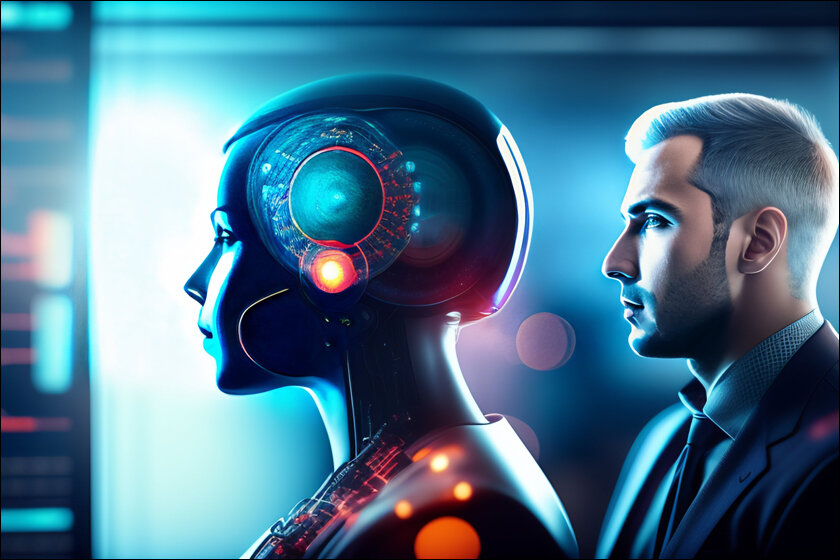
DON’T UNDERESTIMATE DANGER OF AI:
The intention of this piece, and many others I have done over the years, is not to undermine the dangers of AI. They are real. However, they will not come from the direction that most of the world is guessing it will come from: the ‘intelligence’ of AI. The danger will not be the systems themselves as many seem to think, but the users of the systems who will use it with malintent.
AI is the greatest automation invention of all time also because it can literally automate itself, either directly or by creating ideas, concepts, programs or physical tools to help us do that. If AI can automate inventions and discoveries, it can also automate those that can harm us. We must never lose sight of these while recognizing that an AI system will not make such a harmful thing on its own for it doesn’t even understand what ‘harm’ is, but could do so at the instruction of those using those systems.

Being a newly minted adult thrown into the workforce at the end of the last millennium was fun. The extent of fearmongering about something called Y2K reached a fever pitch. It was thought that the computer system’s inability to distinguish between 1900 and 2000 would bring the world down a midnight on December 31, 1999. Planes were supposed to fall from the skies. Chaos was expected and many who brought into that fear, stocked up on food, water and firearms.
Strangely, civilization as we knew it, did not collapse. The only chaos that materialised was extreme hangovers from excessive partying at the end of the world that never came.
We knew Y2K didn’t come to fruition because that fearmongering had an expiry date – a moment from which the experts couldn’t peddle it anymore. The fearmongering with AI has no such use-before data. Even 200 years from now there will still be experts who’ll continue to con people about AI being intelligent and sentient. The only thing that would have happened by then, is that you could add the word ‘longest’ alongside ‘greatest’ in the title of this article.
In case you missed:
- OpenAI’s Secret Project Strawberry Points to Last AI Hurdle: Reasoning
- Bots to Robots: Google’s Quest to Give AI a Body (and Maybe a Sense of Humour)
- Why a Quantum Internet Test Under New York Threatens to Change the World
- Copy Of A Copy: Content Generated By AI, Threat To AI Itself
- Rethinking AI Research: Shifting Focus Towards Human-Level Intelligence
- The Path to AGI is Through AMIs Connected by APIs
- How Old Are We: Shocking New Finding Upends History of Our Species
- A Manhattan Project for AI? Here’s Why That’s Missing the Point
- Kodak Moment: How Apple, Amazon, Meta, Microsoft Missed the AI Boat, Playing Catch-Up
- Anthropomorphisation of AI: Why Can’t We Stop Believing AI Will End the World?
